Ever since Alastair Campbell’s declaration that ‘we don’t do God’, no prime minister – and almost no politician – has discussed their faith. David Cameron said his Christianity came in and out ‘like MagicFM in the Chilterns’, a line he borrowed from Boris Johnson who self-defined as ‘a kind of very, very bad Christian’. But Rishi Sunak is different. He’s a practising Hindu who has a shrine in No. 10 for family worship and works with a Ganesh idol on his desk. This being Britain, no one cares: a distinguishing point about our country. Sunak gets flak for being a Winchester old boy, a Brexiteer and an ex-banker, but no one is suggesting any tension between his faith and his office.
Sunak is leaning into his faith in his trip to India, offering prayers at the Akshardham Temple in Delhi and letting the cameras follow him as he knelt barefoot in front of the shrines. Pretty much wherever he went, he put his palms together in an namaste greeting (handshakes are less of a thing in India) and posed for pictures with flower garlands with his Indian wife next to him. It’s the kind of scene India would not have seen before from a visiting head of government. To British Hindus it will mean a great deal: that a Hindu can not only become prime minister but can be open about his faith.
When Tim Farron quit as Lib Dem leader amid questions about his evangelical Christianity, he concluded it was no longer possible to reconcile faith and politics, that he had to choose between his faith and his career. I know several other MPs who share this view, who think their faith is a liability in a secular country so it needs to be hidden away. But this year, we’ve seen three politicians go the other way.
When SNP leadership contender Kate Forbes defended her faith – a Free Church of Scotland member with unfashionable views on gay marriage, pre-marital sex and abortion – some thought it waas politically suicide. Instead, she ended up almost winning, with 48 per cent of the vote. She won support from people who admired her refusal to edit or conceal aspects of her identity from fear that it would be a vote-loser. On Humza Yousaf’s first day as first minister he released pictures of himself at prayer with his family in Bute House.
Sunak is doing the same in India. The age of these three – Sunak is 43, Yousaf 38 and Forbes 33 – is also a factor. We can see a new generation of British political leaders who are doing God (or, in Sunak’s case, gods) and thereby normalising faith in the public sphere. These are small things that happen without fanfare or comment, but are important milestones in establishing Britain not as an anti-religious secular state but a multi-faith democracy.
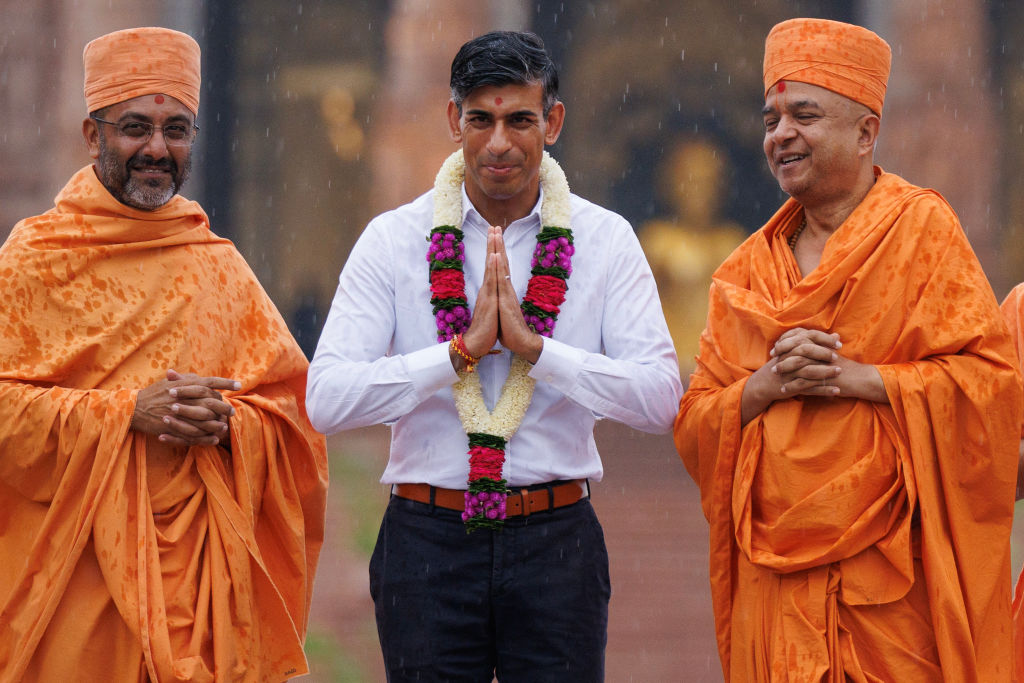 (Photo by Dan Kitwood/Getty Images)
(Photo by Dan Kitwood/Getty Images)
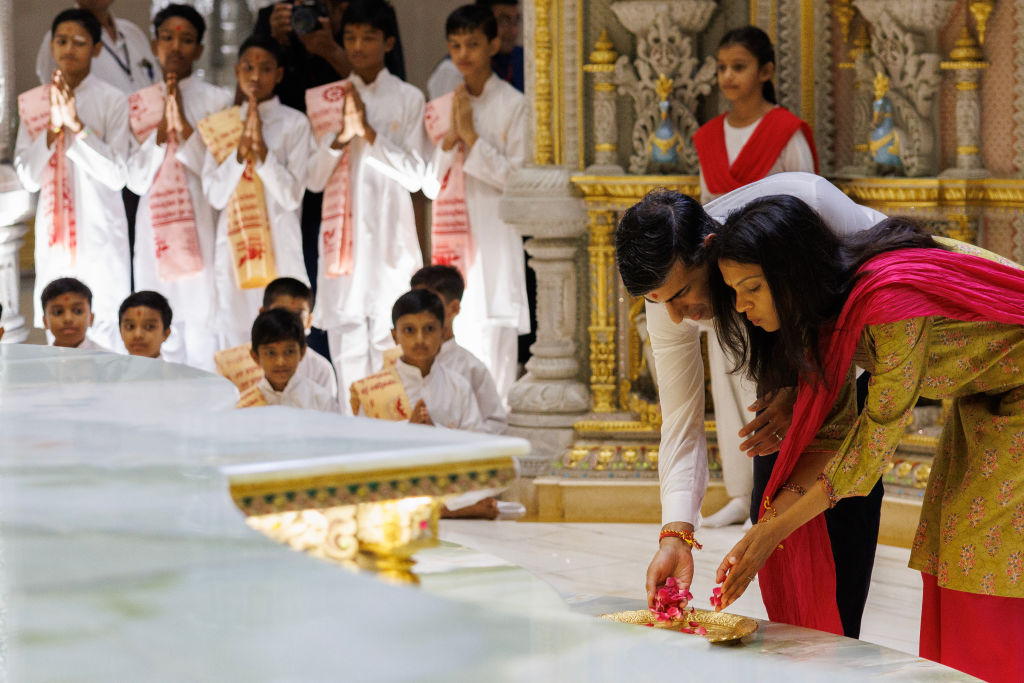 (Photo by Dan Kitwood/Getty Images)
(Photo by Dan Kitwood/Getty Images)
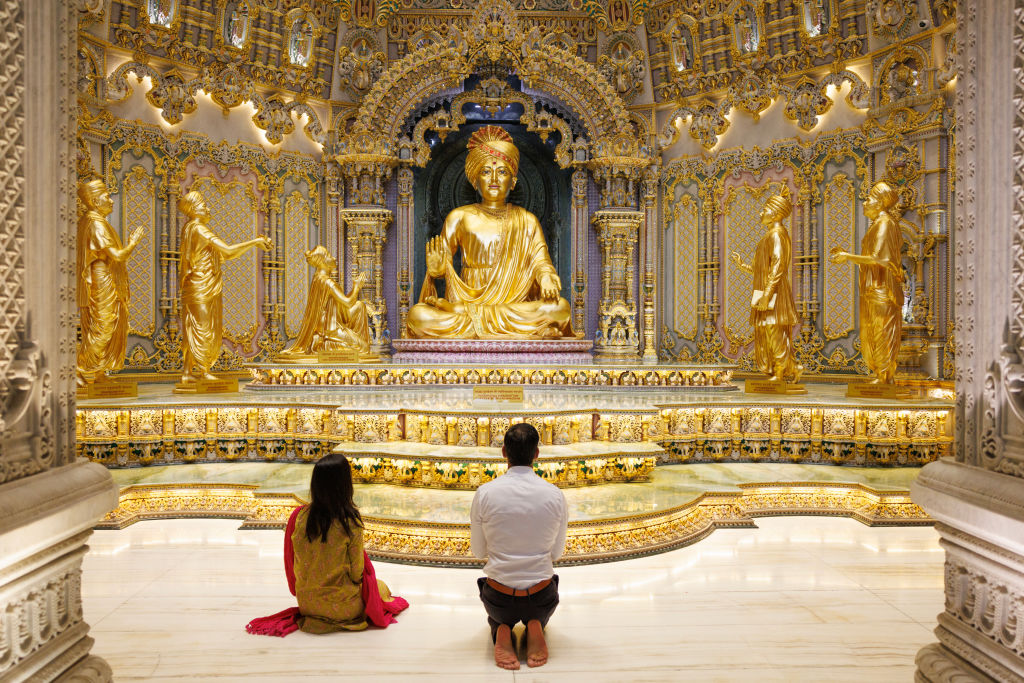 (Photo by Dan Kitwood/Getty Images)
(Photo by Dan Kitwood/Getty Images)
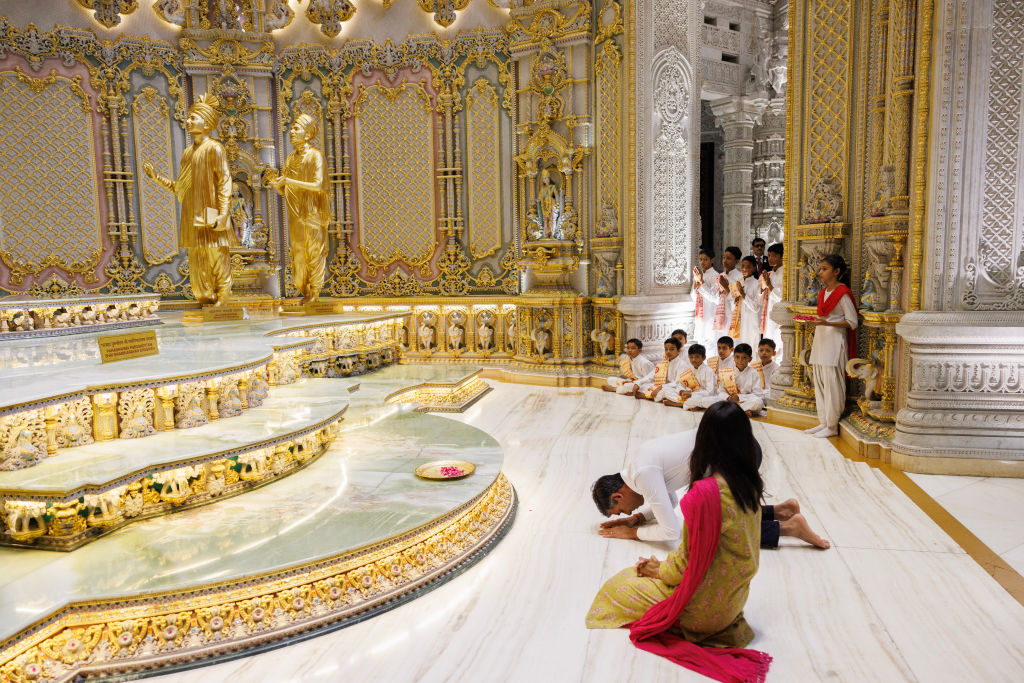 (Photo by Dan Kitwood/Getty Images)
(Photo by Dan Kitwood/Getty Images)
Got something to add? Join the discussion and comment below.
Get 10 issues for just $10
Subscribe to The Spectator Australia today for the next 10 magazine issues, plus full online access, for just $10.


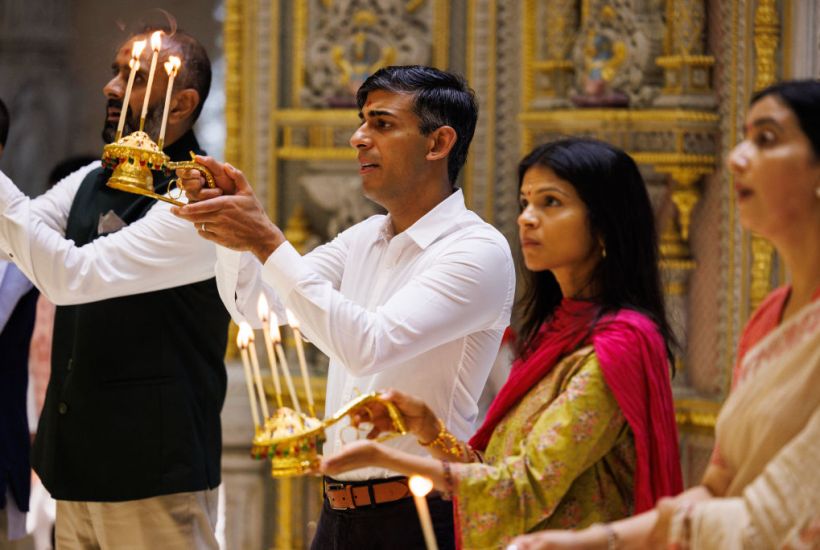
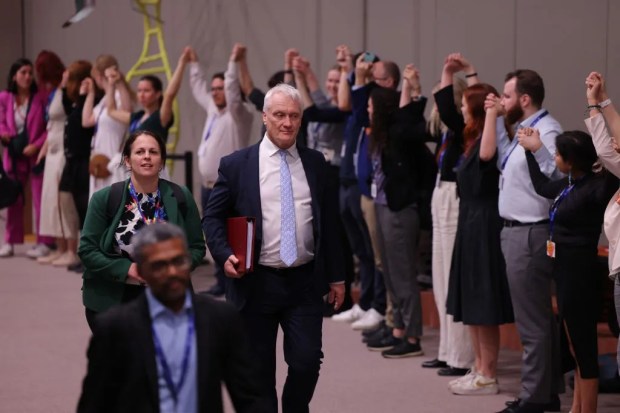
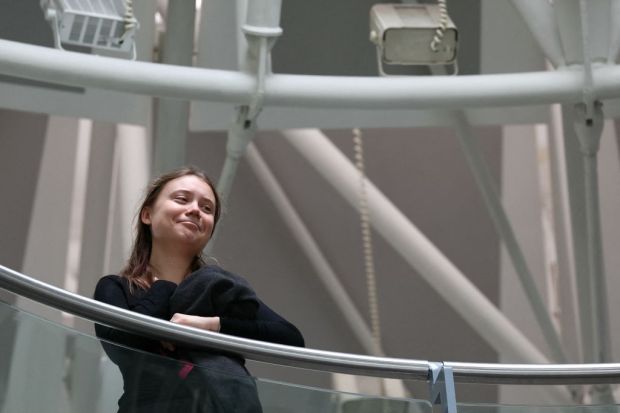
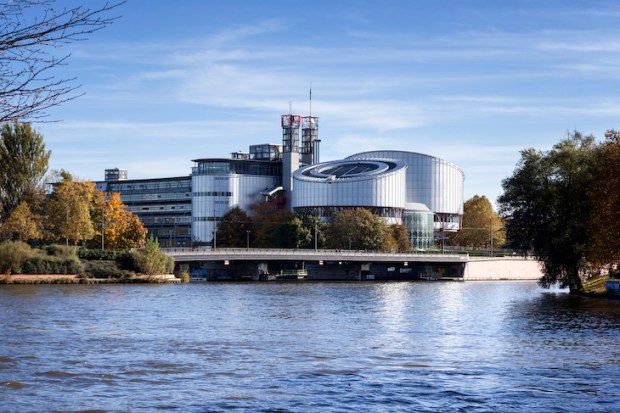

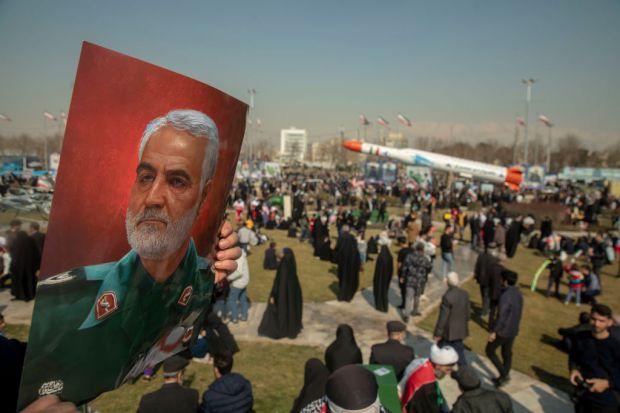
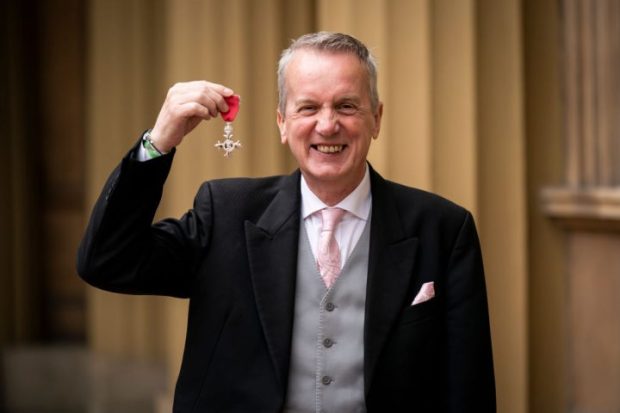












Comments
Don't miss out
Join the conversation with other Spectator Australia readers. Subscribe to leave a comment.
SUBSCRIBEAlready a subscriber? Log in